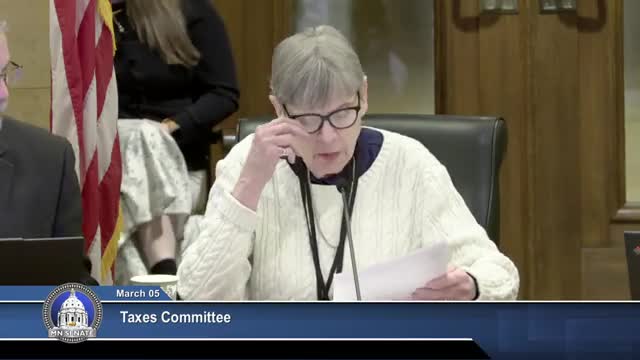Article not found
This article is no longer available. But don't worry—we've gathered other articles that discuss the same topic.
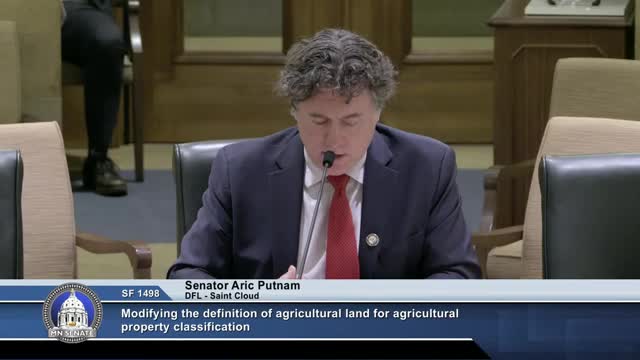
Panel lays over bill to extend Ag Homestead tax credit to very small commercial farms
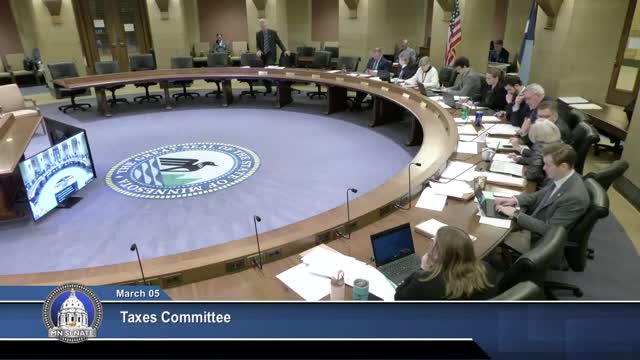
Committee backs bill to restore beginning-farmer tax credit funding limits
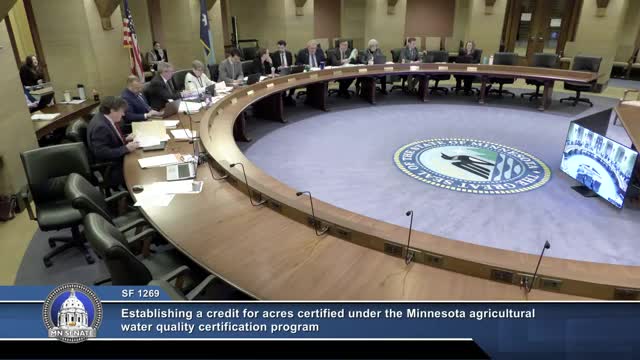
Committee advances $5-per-acre water-quality credit for certified farms, refers bill to environment committee
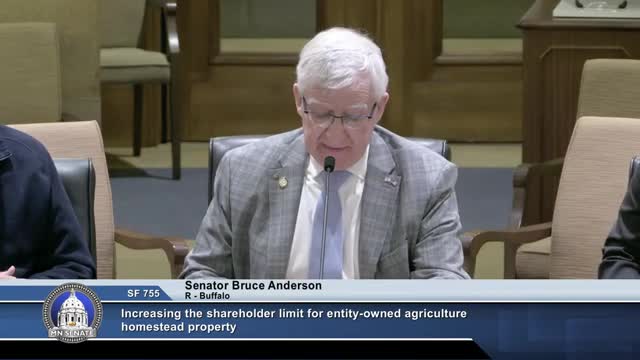
Senate committee hears family-farm expansion bill, lays it over for omnibus
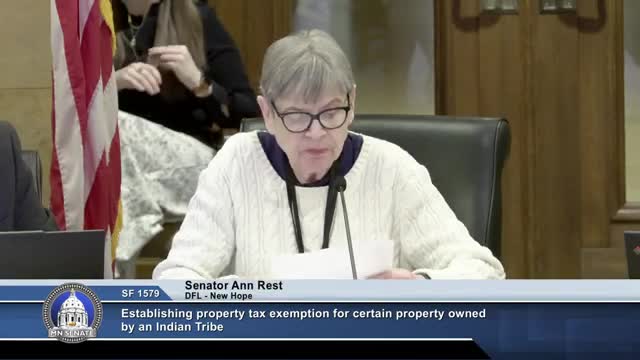
Committee lays over Leech Lake Band property tax exemption request for Twin Cities office
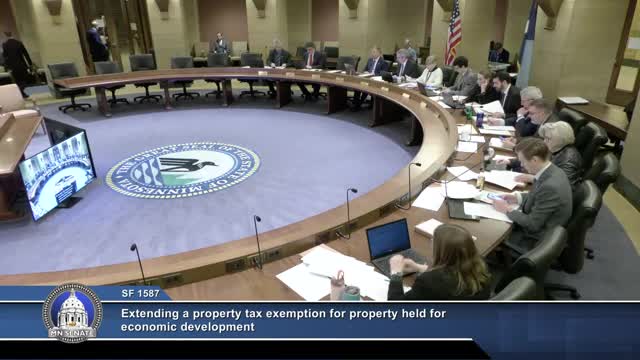
Committee lays over Bloomington Port Authority request to extend tax exemption for former hotel site
